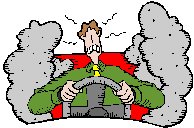

Emotion – Definition – Emotion is a state of
physiological arousal. It has important motivational properties, it drives the
individual to behave in a certain way.
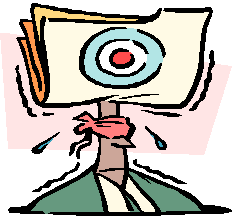
There are 3 elements to an emotion 1) an emotional
experience, 2) an emotional expression and 3) physiological arousal

Primary emotions are universally(everyone around the world))
experienced e.g. fear, anger, sadness, joy and disgust
Secondary emotions are learned mixtures of primary ones e.g.
contempt is a blend of anger and disgust
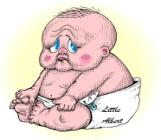

The same emotion can be innate(you are born with it) or it
can be learned(you have learned it from your personal environment). For example
Anger in response to a threat is innate. However anger in response to someone
smoking nearby may be learned.
Each emotion can have a great range of expressions. This
range varies between individuals.
·
Nature-
Some emotional expressions are innate and universal. For example the crying of
an infant or expressions of pain which might be important for survival. For
these expressions to be effective our understanding of these expressions must
also be innate
·
Nurture-
Children learn display rules the social norms which are learned about
what behaviours are acceptable in particular situations and cultures
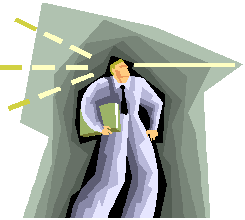
·
Non-Verbal
Communication- Most emotions are shown non-verbally, using facial expressions
and body language-we often show our emotions without conscious awareness, this
is known as Non-Verbal Leakage
·
Other
behavioural effects- Emotional arousal May lead to improved or decreased
performance (especially anxiety)
·
Hormones-
Adrenalin(epinephrine) is a hormone largely produced by the kidneys. Its effect
is to activate internal organs for vigorous activity(arousal)-
Physiological effects include increased heart rate and breathing, sugar
release from liver, dry mouth, dilated pupils and activation of sweat to cool
body temperature down
Behavioural effects include
increased attention and improved performance on cognitive tasks (note- if
arousal too great the opposite occurs)
·
The
Autonomic Nervous System(ANS) controls the system of arousal and relaxation. The
ANS is controlled by the Hypothalamus in the brain. The ANS stimulates
production of and releases various hormones into the blood. It is divided into 2
branches the sympathetic(responsible for arousal and fight or flight) and
parasympathetic(responsible for relaxation)
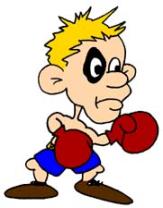
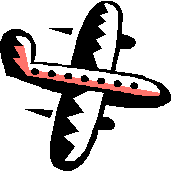
·
The
Fight or Flight Response-This response is important for survival – So when
fight and when flight ?- This all depends on the situation- profit/loss for the
individual
click HERE to return to homepage